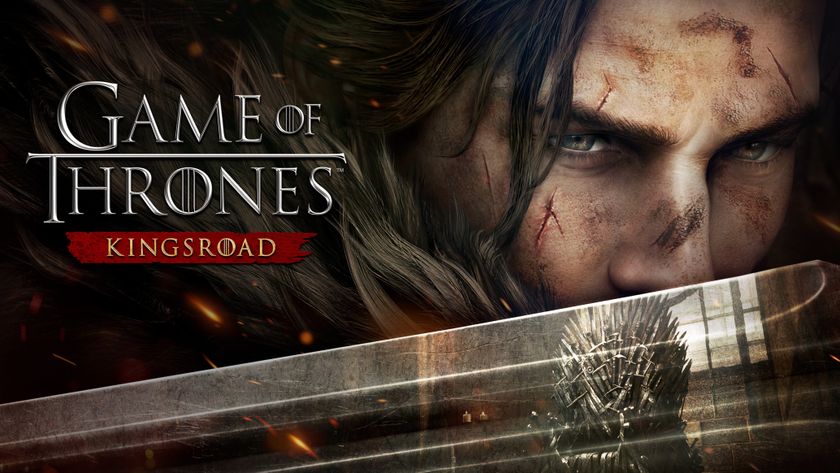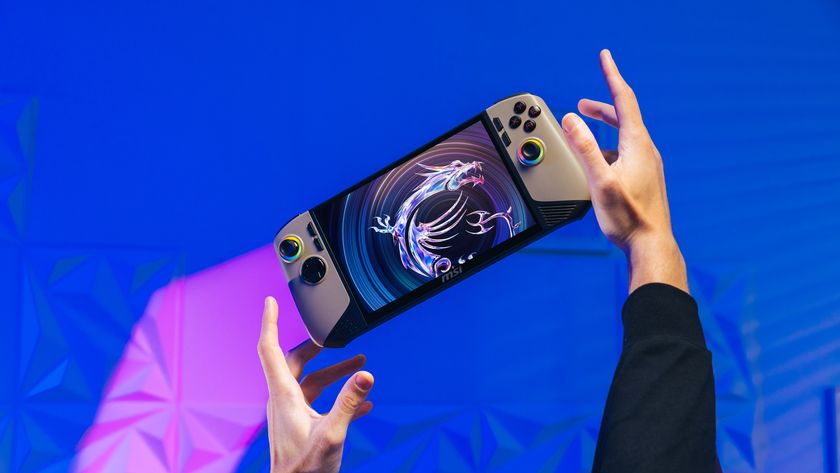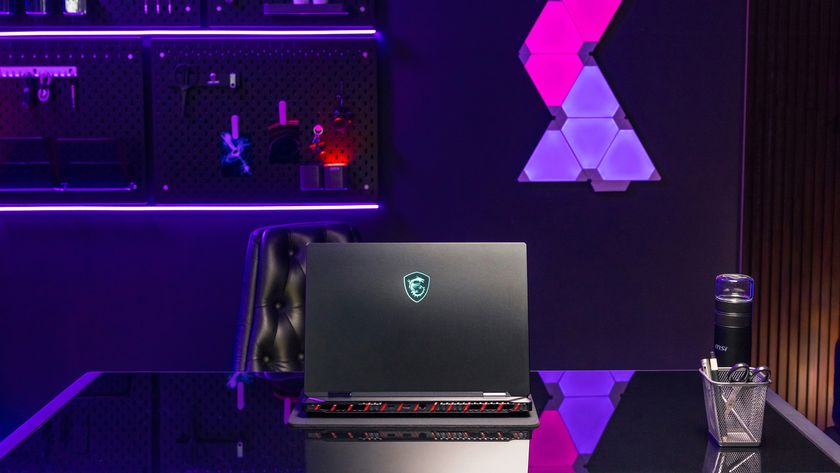5 big questions about Microsoft's acquisition of Bethesda
What does the future hold for The Elder Scrolls, Doom, Fallout, and everything else Microsoft just bought?
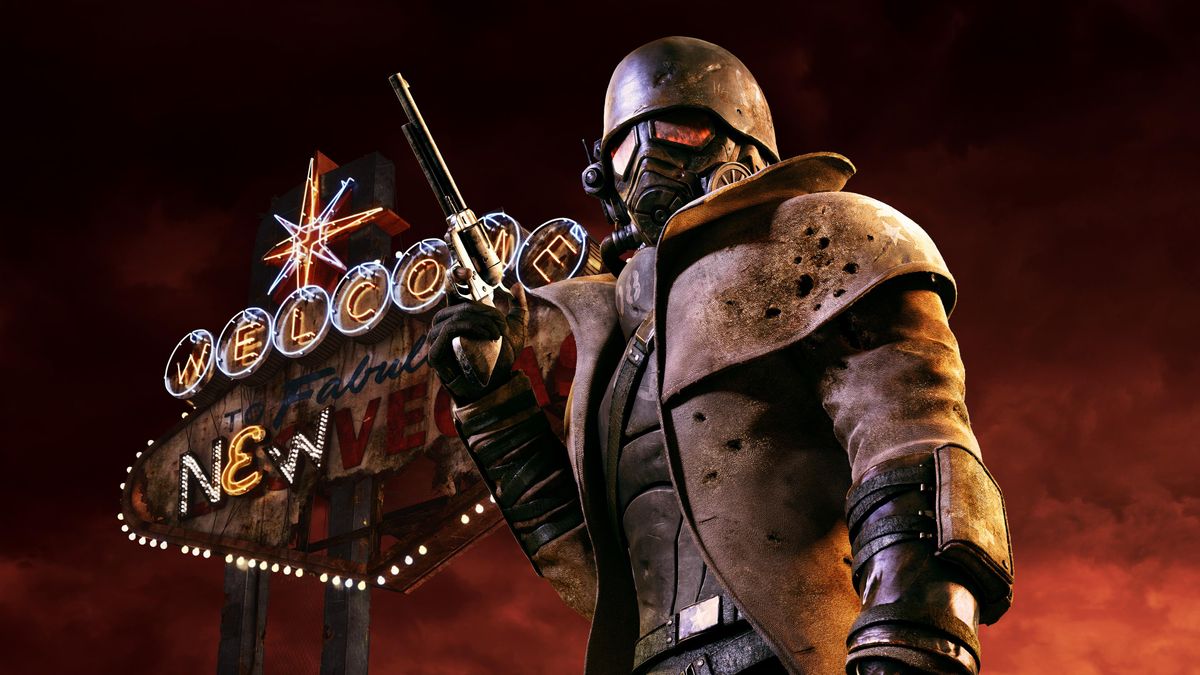
Microsoft now owns The Elder Scrolls, Fallout, Doom, Wolfenstein, Dishonored, and more. That $7.5 billion purchase is wild on its own, but it comes after a string of other huge Microsoft acquisitions: Obsidian, Mojang, Double Fine, InXile, Ninja Theory. Suddenly, Microsoft is a PC game development giant made up of 23 studios.
What will Microsoft gaming head Phil Spencer do with so many studios? Erect a virtual monument to himself? Create the best possible version of FreeCell? Or will he leave them to their own devices? We have a lot of questions, but here are the biggest:
1. Will Microsoft's studios stick to their own games, or will they collaborate?
¯\_(ツ)_/¯ https://t.co/MqyiuNsWS2September 21, 2020
Obsidian created many people's favorite Fallout game, Fallout: New Vegas. Bethesda owns the Fallout intellectual property. When the purchase is finalized, Obsidian and Bethesda will both be part of Microsoft. So, of course, the reaction to the news included thousands of requests for Fallout: New Vegas 2.
Obsidian offered a coy response, but we may not actually be any closer to a new Obsidian Fallout. Obsidian and Bethesda could've signed a deal at any time over the past decade. They didn't, and the timing doesn't seem better now. Obsidian just announced its very own first-person RPG, Avowed. (Although we do know that New Vegas director Josh Sawyer is directing a different project at Obsidian, so you never know.)
Whatever happens with New Vegas, it does raise the question: Are Microsoft's many, many studios going to collaborate like Ubisoft's multiple studios do, or operate independently? It's probably inevitable that we'll see some sharing for the sake of promotional crossover events. A Doomguy helmet somehow appearing in Halo Infinite feels too obvious to not happen. But will we see collaboration beyond that? A Halo game co-created by id Software is a possibility now. That would be truly weird.
2. How hands-on will Microsoft be?

Microsoft probably didn't buy all of these studios to change what they do on day one. One imagines that ZeniMax Online will continue to support The Elder Scrolls Online in roughly the way it already is, and that Bethesda Softworks will continue to build giant RPGs without Phil Spencer leaning over Todd Howard's shoulder. Microsoft's other acquisitions seem to be going about their business like they always did. Double Fine is still making Psychonauts 2. InXile and Obsidian haven't pivoted to battle royale.
Will that always be the case, though? Dishonored and Prey studio Arkane has made some brilliant games, but unless Deathloop is a smash hit, it isn't the part of Bethesda that comes to mind when one asks "how will Microsoft recoup $7.5 billion?" The same goes for MachineGames, whose Wolfenstein games have been good but probably wouldn't get a crowd on its feet at E3 (if we ever have one of those again). Spencer says that Microsoft isn't going to meddle with its new studios, but things change. We're not quite convinced by Microsoft's pivot from bumbling PC gaming antagonist to champion of immersive sims and isometric RPGs—not yet.
The biggest gaming news, reviews and hardware deals
Keep up to date with the most important stories and the best deals, as picked by the PC Gamer team.
That said, it isn't as if these studios weren't already thinking critically about what to do next on their own. Deathloop feels distinct from Dishonored and Prey, and if Arkane explores other ideas in the future, it might not have anything to do with Microsoft. The same goes for MachineGames, which isn't necessarily going to make Wolfenstein games forever just because Wolfenstein exists.
3. What will be the first big game to test Microsoft's "case-by-case" policy of console exclusivity?

Microsoft will honor Bethesda's existing timed exclusivity deals with Sony—Deathloop and GhostWire: Tokyo will release on PlayStation and PC first—but after that, Bethesda games will release on PC, Xbox, and "other consoles on a case-by-case basis." It doesn't really affect us, but we're still curious to see whether Microsoft chooses to maximize game sales with PlayStation releases, or if it goes for the throat and makes The Elder Scrolls 6 a PC and Xbox exclusive.
That might be a bad example, though, because The Elder Scrolls 6 is years away. Bethesda's space RPG, Starfield, is coming sooner, but is probably a few years off, too. So what game will set the precedent?
4. Will Game Pass devour PC gaming?

Even now that the introductory rate of $5 per month has expired, Game Pass for PC remains the best deal in PC gaming. For $10 a month, you can download and play any of over 200 good PC games, including new ones like Microsoft Flight Simulator and The Outer Wilds. And with this acquisition, all future Bethesda games will be available on Game Pass at launch. That's Starfield (whatever Starfield is), The Elder Scrolls 6, and anything else Bethesda is developing. Meanwhile, Microsoft's other studios will add Halo Infinite, a new Fable, a new Forza Motorsport, Psychonauts 2, and more to Game Pass. It's already worth $120 a year, and the value proposition will only get better (although the price could go up again).
A change in the way we get games has the potential to change how they're made, and even what kind of games are made.
Microsoft's acquisition further consolidates game development under a few powerful banners, which helps create the sort of environment that, in film and television, brought us Hulu, Netflix, Disney+, CBS All Access, and HBO Max. But do we want subscription services to take over PC gaming? We largely gave up owning CD-ROMs and DVDs in favor of owning a license to download and play games from Steam. Now we're on the verge of giving up even that and becoming lifetime subscribers to subscription services which can add and remove games from their libraries as they see fit, or as publishing contracts dictate.
What subscription services will mean for developers in the long term, especially smaller independent ones, is also cause for concern. A change in the way we get games has the potential to change how they're made, and even what kind of games are made. Imagine a world where developers are paid according to the number of hours their games are played, for instance.
There's no question that Microsoft, EA, Ubisoft, and others will continue to push subscriptions over individual game purchases. But whether subscriptions will actually push standard game purchasing into the margins is to be seen. How Valve and Epic react to the trend may decide the future. A Steam subscription offering could change everything, and given that Valve has built the functionality into Steam for EA Play, it isn't a totally ridiculous thought.
5. Should we be worried about modding?

Outside of built-in tools like Halo's Forge editor, modern Microsoft has been unfriendly to modding. Games delivered through the Microsoft Store, including those acquired with Game Pass, cannot be tinkered with by clever coders in the way many others can be. That makes Microsoft's ownership of Bethesda a little worrying. The Fallout and Elder Scrolls series represent two of the biggest modding ecosystems, and are supported both by official tools like the Skyrim Creation Kit as well as unsanctioned editing. We recently installed over 600 Skyrim mods and made a beautiful mess out of it. Will that be possible in The Elder Scrolls 6?
It's easy to imagine a future where Microsoft wants control over how mods are made and distributed, limiting them to built-in tools and an official distribution system so that they can be regulated and appear on the Xbox, too. It's easy to imagine Bethesda wanting that even before Microsoft's acquisition.
There are a couple reasons not to panic, though. One, Steam and Bethesda tried to introduce paid mods in 2015, and it was such a colossal failure that you have to imagine Microsoft and Bethesda will approach the subject cautiously. And two, Microsoft's zeal for the Universal Windows Platform (which is a big part of the problem when it comes to modding) and the Microsoft Store has faded since Windows 10 launched. Microsoft now releases games on Steam, too, although it still makes us log in with an Xbox account. Because modding is so important to the identity of Bethesda RPGs, perhaps they'll get special treatment.

Tyler grew up in Silicon Valley during the '80s and '90s, playing games like Zork and Arkanoid on early PCs. He was later captivated by Myst, SimCity, Civilization, Command & Conquer, all the shooters they call "boomer shooters" now, and PS1 classic Bushido Blade (that's right: he had Bleem!). Tyler joined PC Gamer in 2011, and today he's focused on the site's news coverage. His hobbies include amateur boxing and adding to his 1,200-plus hours in Rocket League.
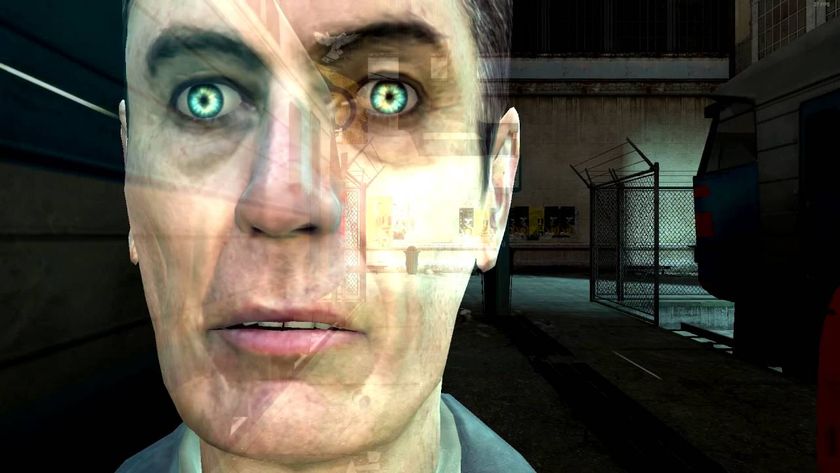
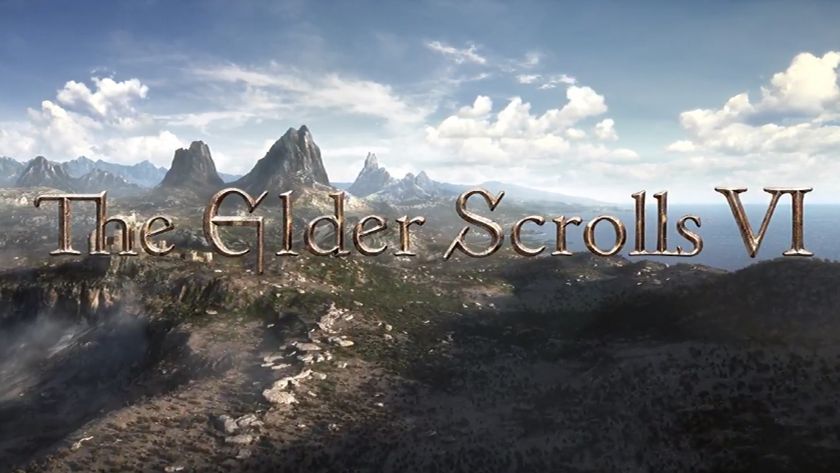
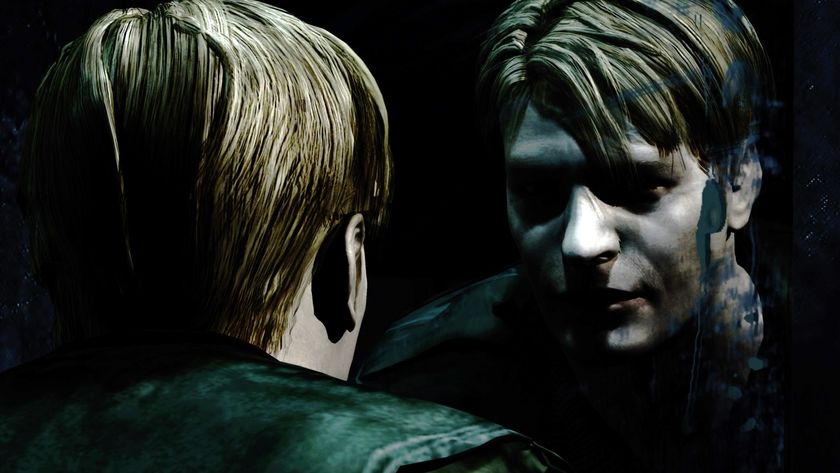
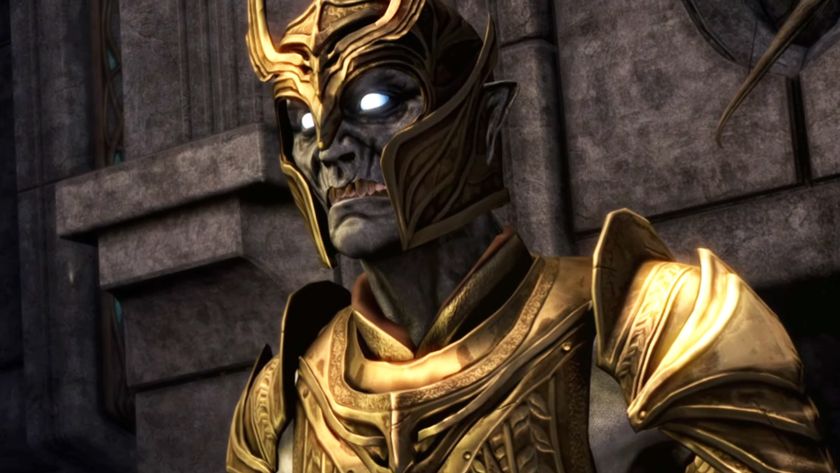
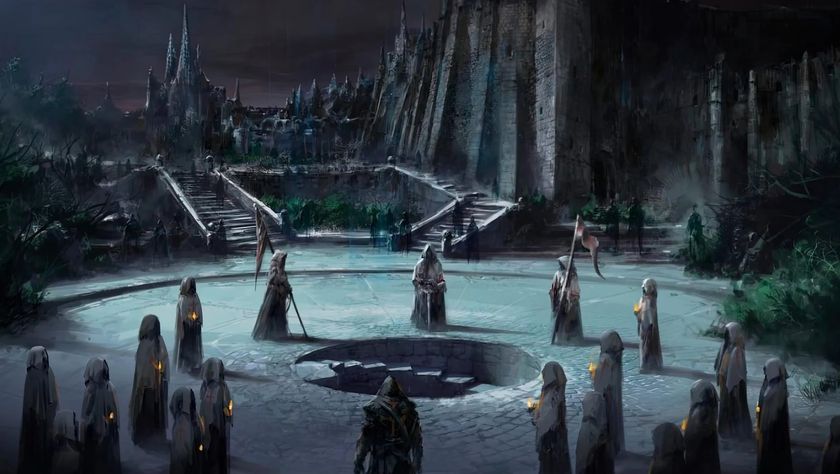

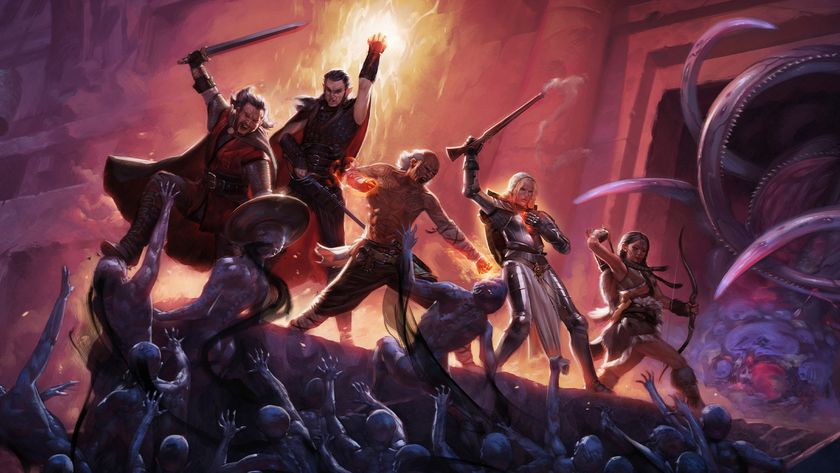

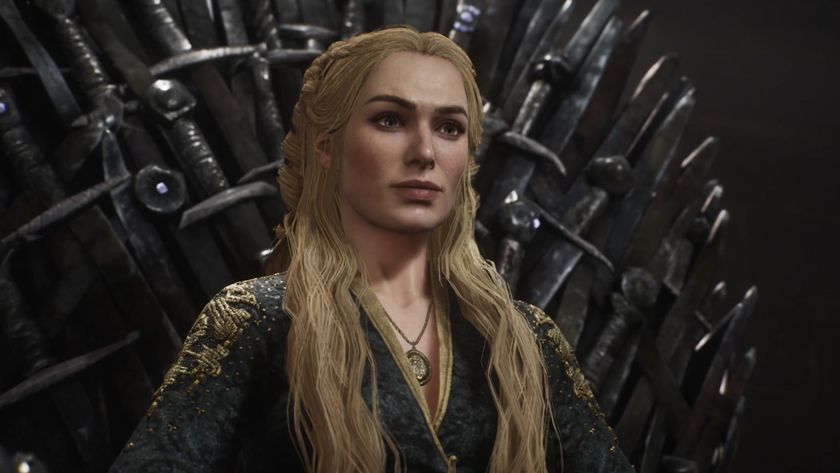

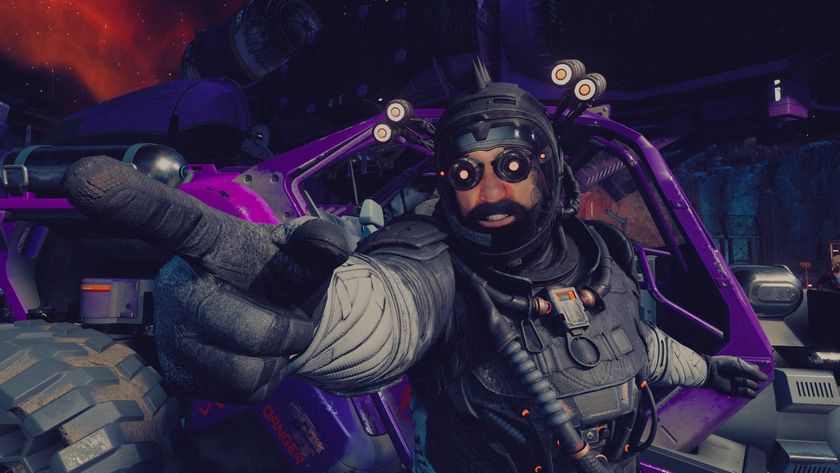

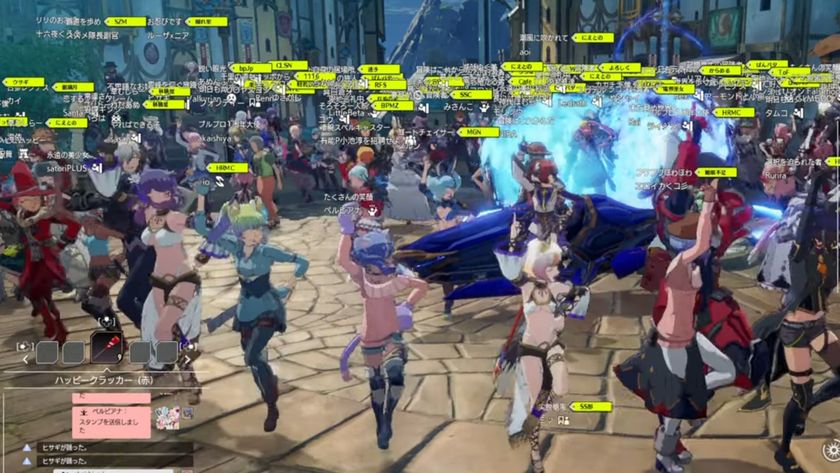

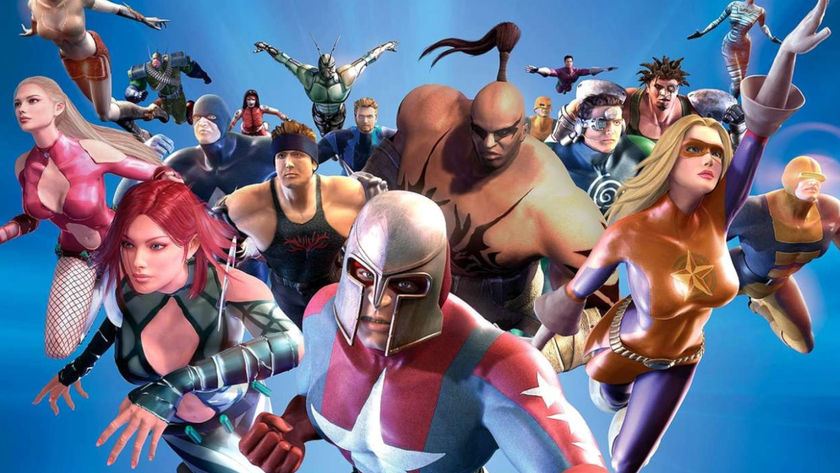
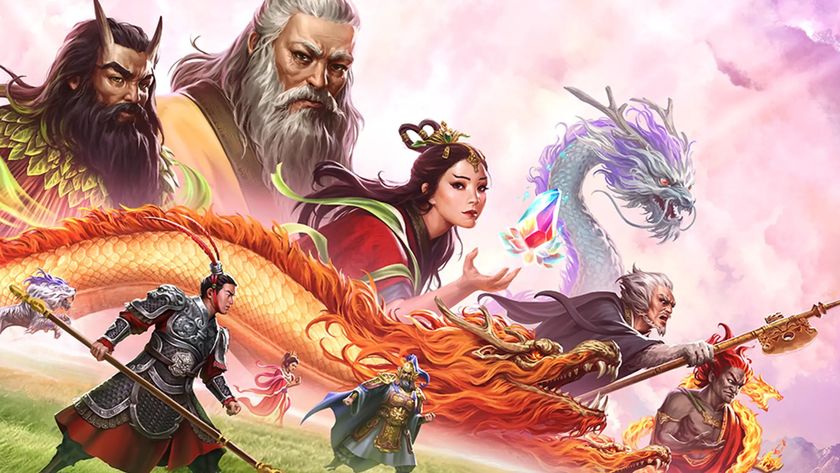
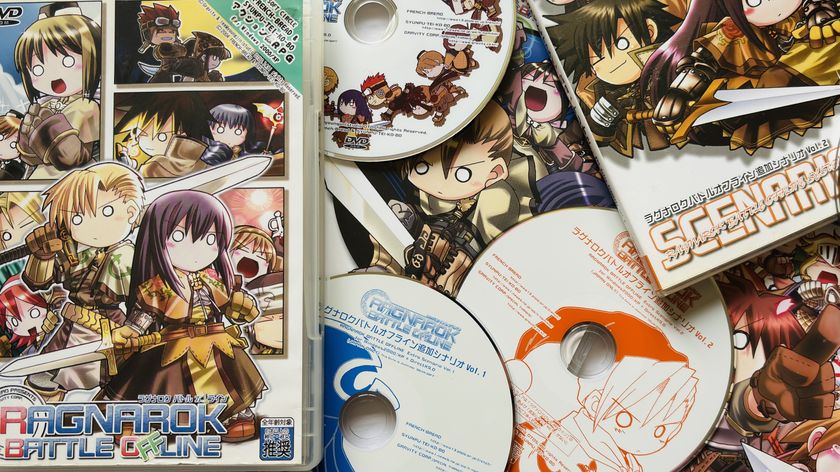
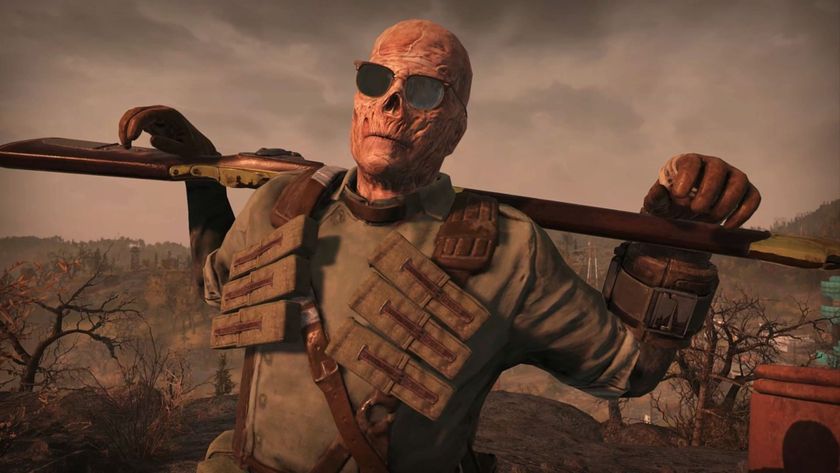

Pillars of Eternity is getting turn-based combat to mark its 10th anniversary, and that means PC Gamer editors will soon be arguing about combat mechanics again

Today's RPG fans are 'very sensitive to feeling like they wasted time' when they die, says Metaphor: ReFantazio battle planner—but Atlus still made combat hard anyway

